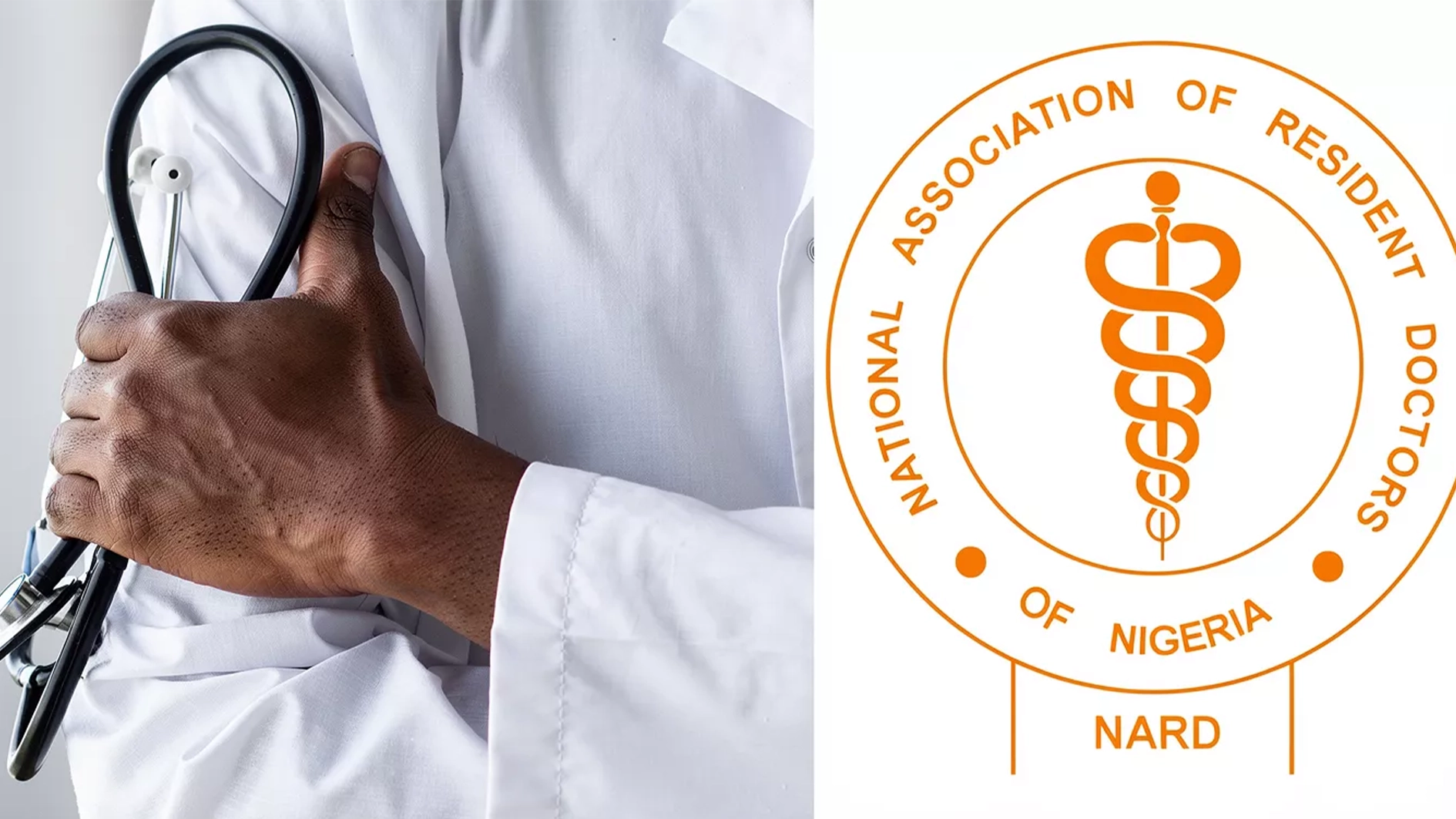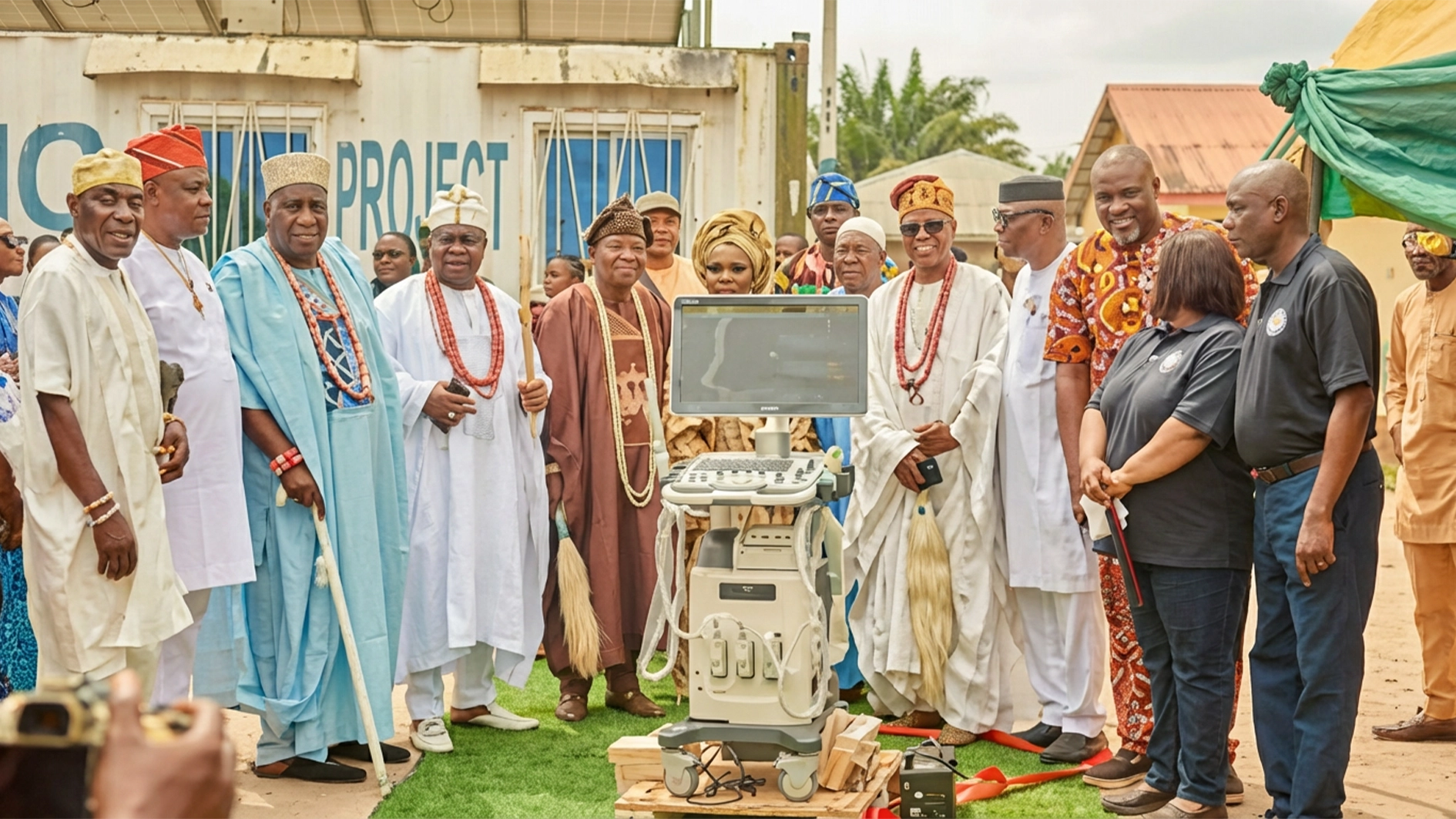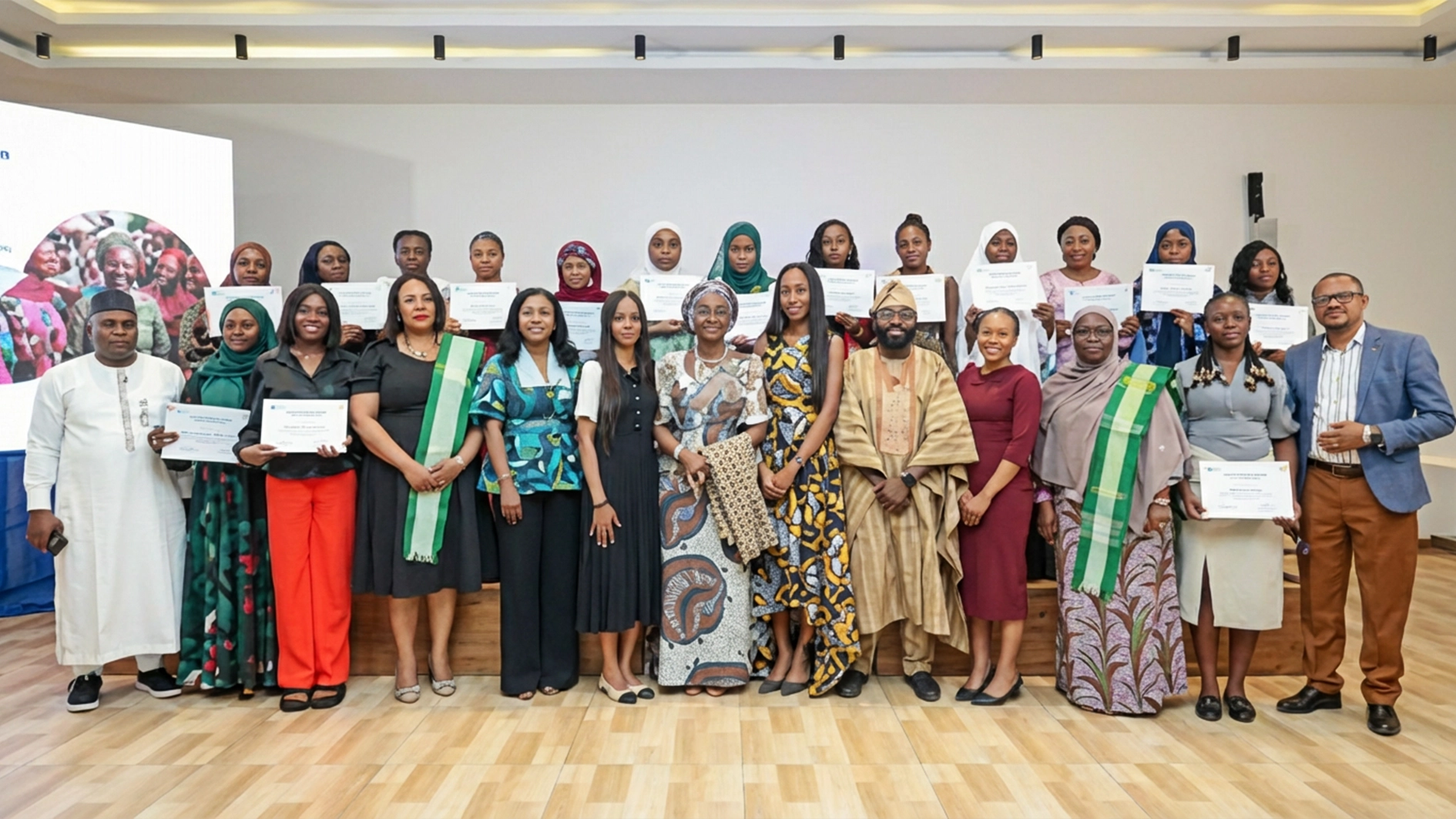A United Kingdom-based non-governmental organisation, NaijAid UK, operating locally as HealthAidNG, has called for the adoption of the Early Warning Scoring System (EWS) in Nigerian hospitals to reduce preventable deaths and strengthen emergency response nationwide.
The group made the call during a three-day Community-Based Emergency Response and Life Support Training held in Lagos in collaboration with the Lagos and Ogun State governments. The training, which brought together over 140 participants, including doctors, nurses, paramedics, medical students, and ambulance service providers, aimed to build capacity and enhance Nigeria’s response to medical emergencies.
The programme featured Intermediate Life Support (ILS) training for healthcare professionals and a First Aid Train-the-Trainer Course for university undergraduates and first responders, aligning with NaijAid UK’s long-term goal of creating a multiplier effect through community-based training.
Speaking at the event, CEO and Founding Trustee of NaijAid UK and HealthAid Charity, Dr Lanre Nehan-Babalola, said the organisation, registered both in the UK and Nigeria, has been conducting similar training for three years to equip local healthcare practitioners with essential life-saving skills.
“In England, this type of training is part of the NHS mandatory programme. We realised we couldn’t train everyone in Nigeria at once, but we decided to start with a few doctors, nurses, and therapists who can, in turn, train others. Our focus is saving lives,” she explained.
Nehan-Babalola described the EWS as a clinical tool used in UK hospitals to detect early signs of patient deterioration by monitoring vital signs such as blood pressure, temperature, and oxygen saturation.
“This system helps us intervene before patients reach a critical stage. Combining routine data that medical staff collected, it provides an early alert when a patient’s condition is worsening, allowing timely intervention that can prevent death. Our goal is to pilot this system in Lagos and, if successful, scale it nationwide,” she said.
She emphasised that the initiative was not profit-driven but aimed at transforming attitudes toward patient care. “We’re not asking for money; this programme is free. It’s about upskilling our medical practitioners and building a culture that values life. Nigeria has invested a lot in us, and this is our way of giving back.”
Representing the Lagos State Commissioner for Health, Prof. Akin Abayomi, the Head of Special Projects, Dr Tolu Ajomale, commended the initiative and highlighted the importance of community collaboration in saving lives during emergencies.
“Emergencies can happen anywhere; what matters is how fast people respond. NaijAid’s work is crucial because it equips both professionals and non-professionals with the knowledge to act before medical help arrives,” Ajomale said.
He also stressed the need for citizens to adopt a culture of empathy and responsibility, noting that effective emergency systems depend not only on government provisions such as ambulances but also on public cooperation and willingness to assist during crises.
Similarly, Director of Ogun State Ambulance and Emergency Services, Dr Hassan Adelakun, who represented the Ogun State Commissioner for Health, praised the initiative as a vital step toward improving emergency preparedness and local response systems.
Adelakun emphasised that actions taken within the first critical moments of an emergency often determine whether lives are saved or lost. He added that every trained individual becomes a potential lifesaver within their community, aligning with Ogun State’s efforts to expand its 24-hour ambulance network and improve access to emergency care.






